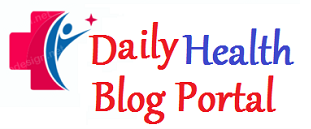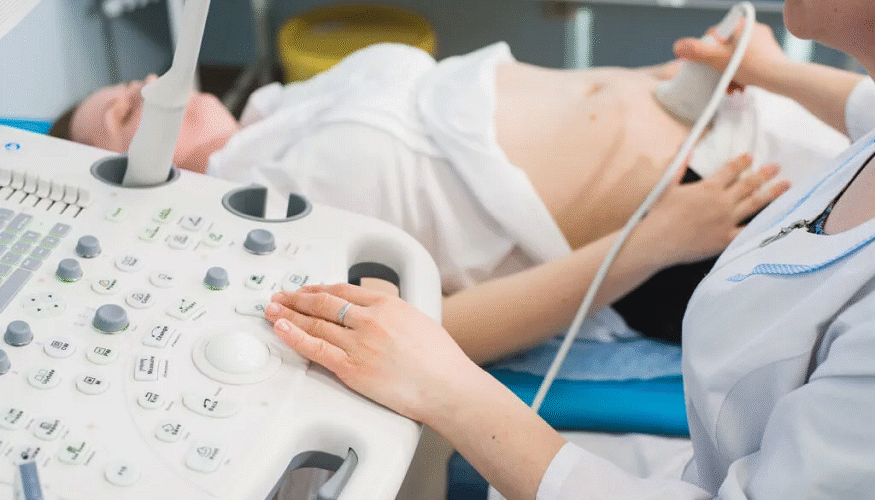Women eventually learn to deal with acne and period pains. But when it comes to polycystic ovary syndrome, commonly referred to as PCOS, getting the right diagnosis is the only solution. However, for that, you need to be well-versed with the common signs and symptoms of PCOS to make an informed decision regarding your treatment. Here are seven key signs and symptoms of PCOS to be aware of.
Common signs and symptoms of PCOS
1. Irregular or unpredictable periods
The first sign of PCOS is irregular or unpredictable periods, a condition known as oligomenorrhea. Irregular periods don’t mean a few days late occasionally. It means that your menstrual cycle will exceed the normal 35-day range. So, individuals with PCOS would have eight or fewer cycles per ear. This irregularity is due to insufficient progesterone levels.
2. Hair Loss
Everyone experiences hair loss from time to time but individuals with PCOS experience hair thinning or hair recession, often attributed to ‘male pattern’ baldness. Receding hair lines and hair thinning are due to elevated levels of androgens.
3. Mood Changes
Individuals with polycystic ovary syndrome can experience mood-related disorders like anxiety, depression, poor body image, and even eating disorders. If you are dealing with extreme mood changes, it’s important to seek medical help. Doctors can help you deal with these psychological issues and provide you with the best possible support and care.
4. Weight Gain
Individuals with PCOS and PCOD (Polycystic Ovarian Disease) might gain excessive weight or have trouble losing weight. Reports suggest that almost 50% of individuals with PCOS have weight gain, especially in the abdominal or belly area. The only solution to weight gain is to concentrate on diet and exercise regularly.
5. Excess face and body hair
Due to higher levels of androgens (male hormones), individuals with PCOS often experience excessive hair growth in unwanted areas. Common places include the face, arms, back, chest, thumbs, toes, and abdomen. However, the severity of this symptom can vary based on ethnic background, which may influence the tendency for excess hair growth.
6. Acne
Due to elevated levels of androgens, individuals with PCOS can experience skin issues such as acne. Certain skin types may be particularly susceptible to acne. Therefore, it’s important to reach out to a healthcare provider about dealing with skin issues like acne.
7. Sleep troubles and fatigue
Fatigue and low energy levels are prevalent symptoms among individuals with PCOS. Additionally, individuals with PCOS are at higher risk for sleep apnea, a condition characterised by brief interruptions in breathing during sleep, leading to daytime drowsiness. Additionally, sleep disturbances and insomnia can worsen mood disorders associated with PCOS.
Conclusion
Polycystic ovary syndrome (PCOS) is a hormonal condition that affects a lot of women. It interferes with their menstrual cycle and is also a common cause of infertility. Therefore, it’s important to take necessary steps to treat the hormonal condition.
Consider consulting a healthcare provider at a trusted hospital in Bengaluru, Delhi, Mumbai, or your local city, as this is a crucial step towards effective management and treatment.

